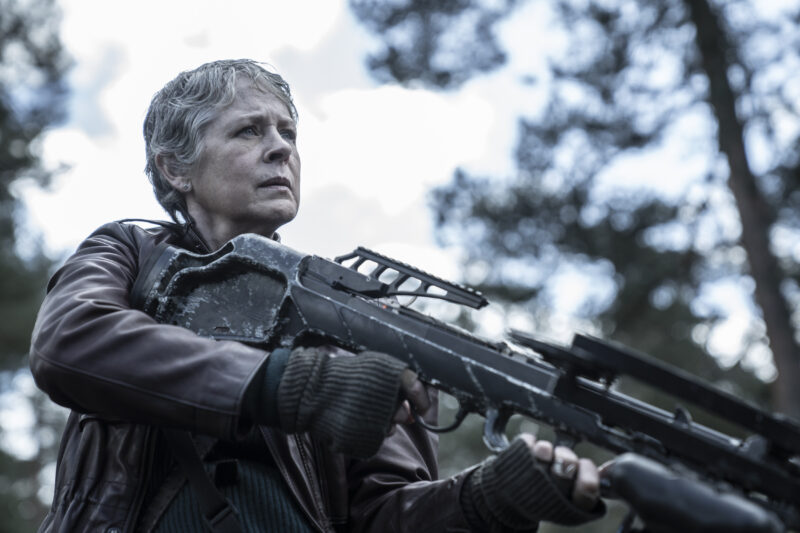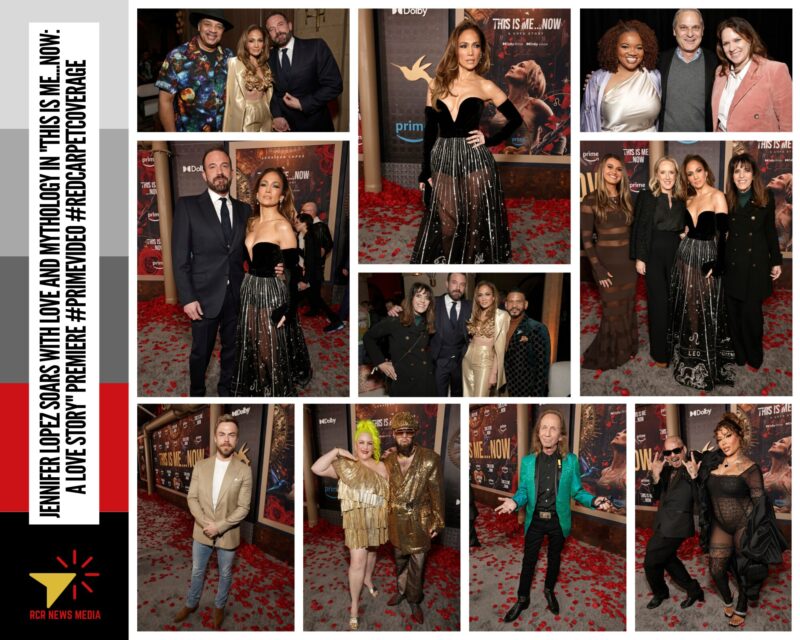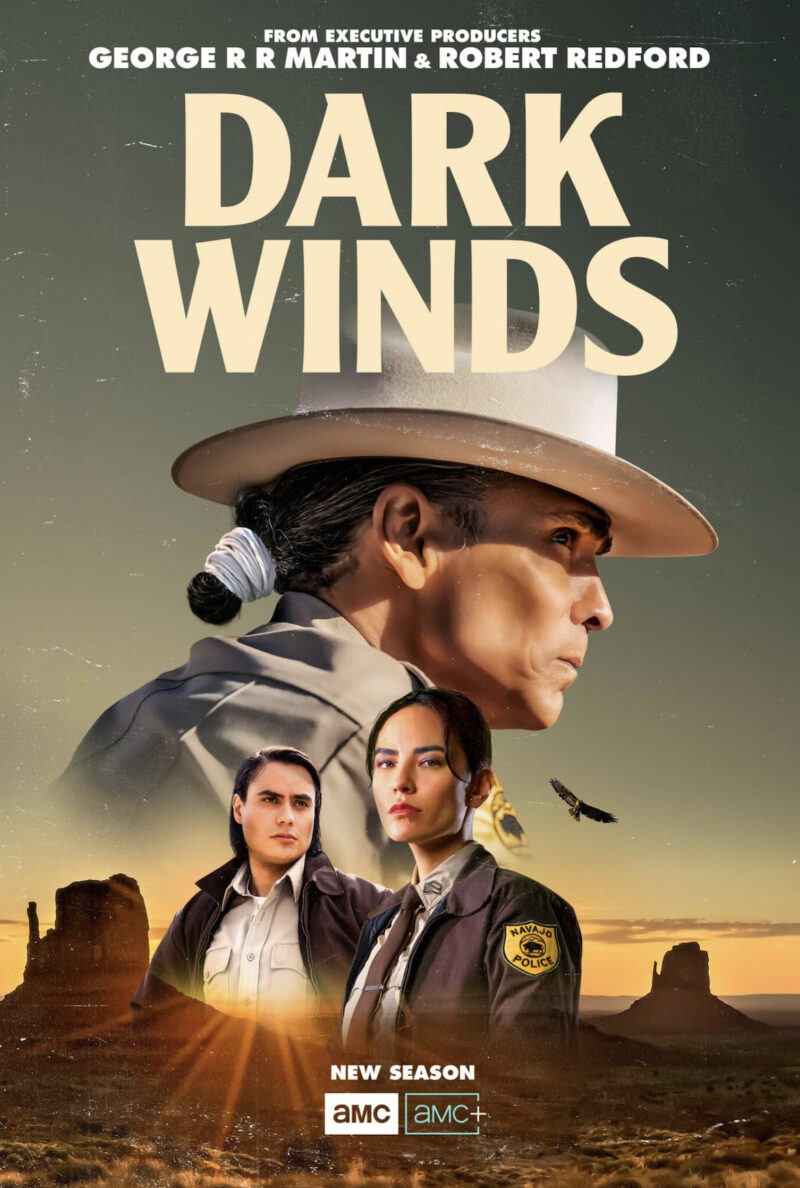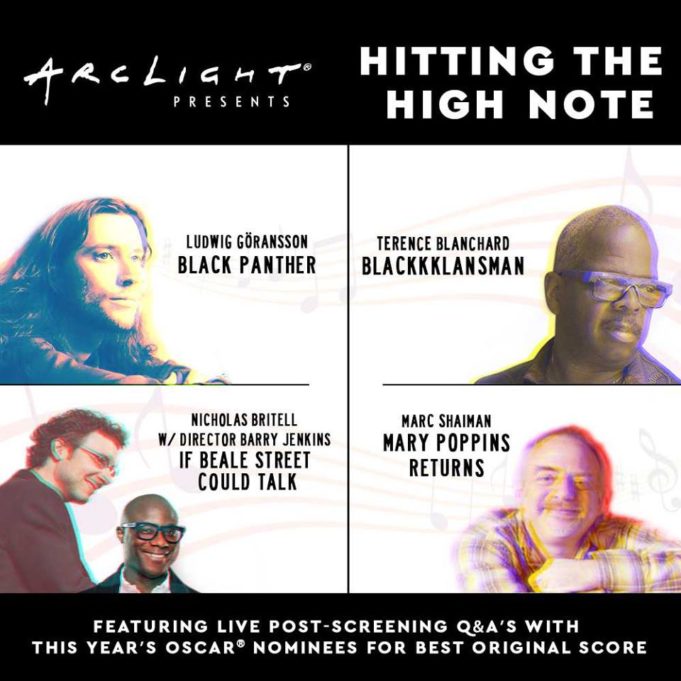Last week, Arclight Hollywood hosted “Hitting the High Note,” a screening series of Q&As with composers nominated this year for the Academy Award for Best Original Score. The films included Marvel Studios’ Black Panther, Focus Features’ BlackKKlansman, Disney’s Mary Poppins Returns and Annapurna Pictures’ If Beale Street Could Talk.
Respectively, the panelists were Ludwig Göransson, Terence Blanchard, Marc Shaiman and Nicholas Britell with special guest Barry Jenkins, director of If Beale Street Could Talk. Each screening was followed by a conversation with the composer of that film.
“We are honored to collaborate with creators at the forefront of film and music. The love of film is what guides us to continue to bring such unique programming to our guests,” states Kevin Holloway, Vice President of Film Marketing & Operations at ArcLight Cinemas. “This immersive moviegoing experience featuring this year’s Oscar®-nominated composers enables discussion about the intersection of film and music.”
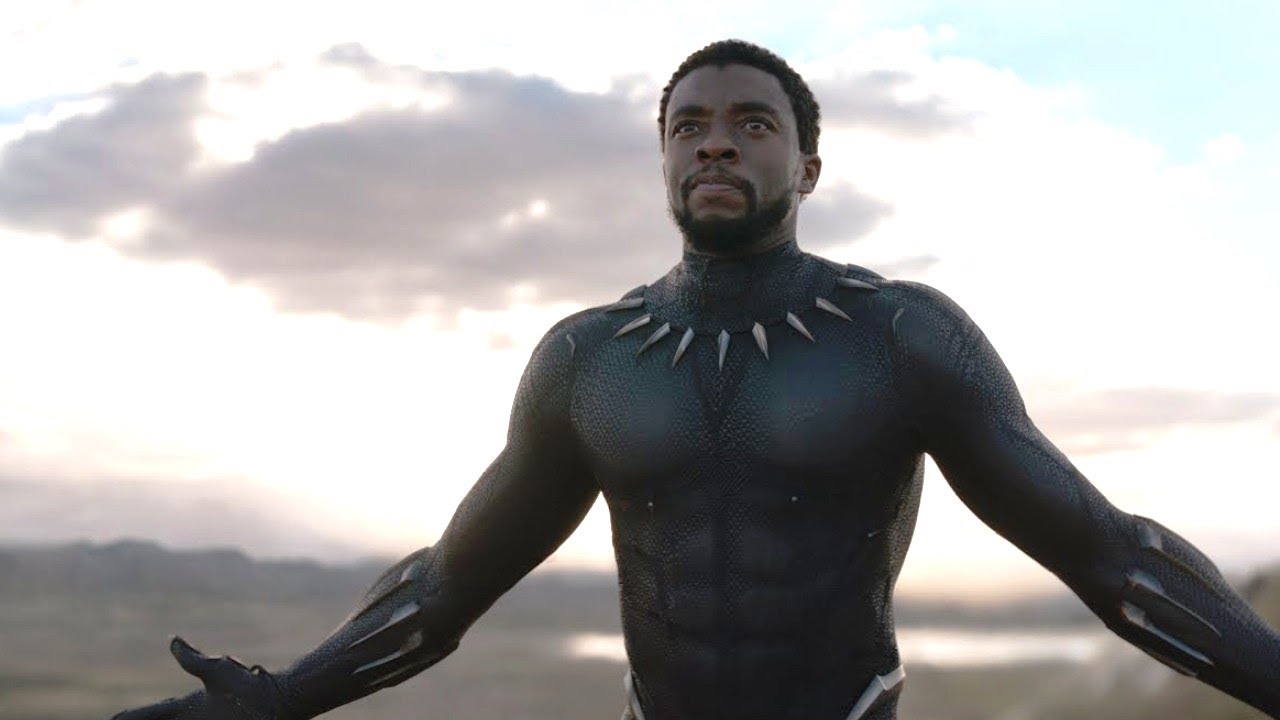
Ludwig Göransson spoke about his journey creating the score for Black Panther, the first superhero film with a majority black cast set in Africa. To reflect the afrofuturism of Wakanda, Göransson used his experiences with Childish Gambino, a partnership with Donald Glover, and his prior travels to Africa. “I think I was about twenty years old and I was studying improvisational music in Stockholm. I took a month to go to Gambia, which is in West Africa, and I took a month off to go there and study different tribes, to study their music. I remember that was the first time I got a glimpse of how complex and different the West African drumming is.”
Göransson also spoke about building upon his previous travels and returning to Africa for his third collaboration with director Ryan Coogler. “When Ryan was writing Black Panther, he sent me an early rendition of the script. The first thing I told him after I read it was ‘there’s no way I can score this movie without going to Africa,’ and weeks of studying the music and immersing myself in the culture.”
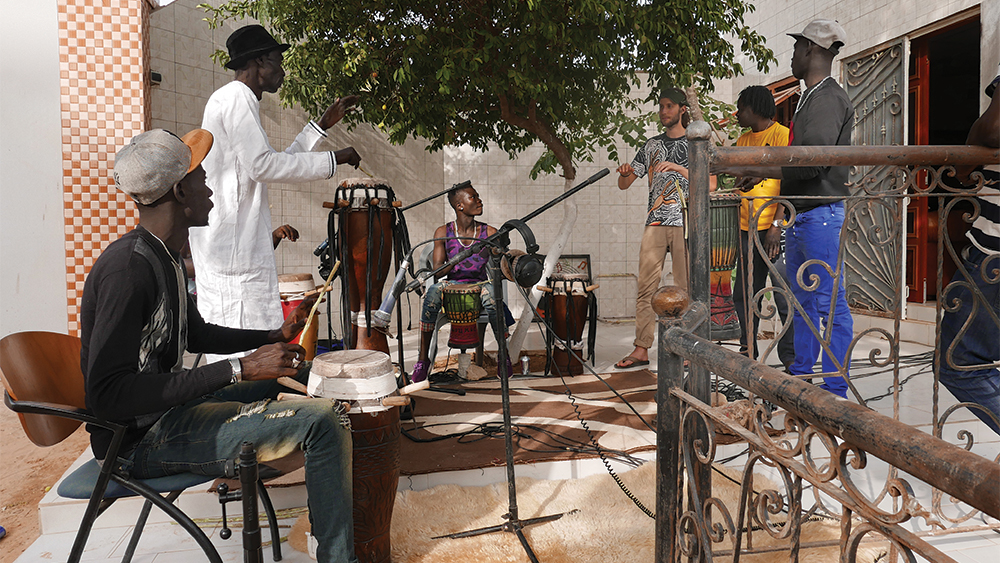
The young composer was able to team up with world-renowned musicians in Africa and add their sounds to the texture of Black Panther’s score. “I actually had a Swedish friend of mine that had worked with an African artist named Baaba Maal, who is incredible, one of the biggest African musicians. He’s very famous. And he’s from Senegal, and I got his phone number and I called him.” After traveling to meet with Baaba Maal, Göransson was able to join him on tour. “The last day of my stay in Senegal, I asked Baaba Maal if he had time to record with me and he said ‘yeah, let’s go in the studio.’”
Göransson continued, “Actually, before we started recording, I called Ryan Coogler, the director and had him FaceTime Baaba Maal. And Ryan was telling Baaba Maal about the story, the movie, basically told him about the movie in five minutes. And then right after, Baaba said ‘okay, I understand,’ and he went to the booth and started singing, and ten minutes later, we had recorded this intro to Wakanda. And it was so beautiful, so I aksed him what he was singing. And he told me, ‘I was singing about an elephant that had just died. An elephant is a symbol of a king. And it’s time for someone to take over the throne, but he shouldn’t be too fast.’”
Later on that evening, as a special treat, Ludwig brought out one of his collaborators on the Black Panther score, a Senegalese percussionist by the name of Massamba Diop, who specializes in the “tama,” or the talking drum whose external strings can mimic the tones of human speech. Diop performed and spoke about the importance of the talking drum in communication. “A long time ago in Africa, the talking drum played the role of telephone. They sent the message, village to village.” Diop concluded the evening with a masterful performance of his tama.
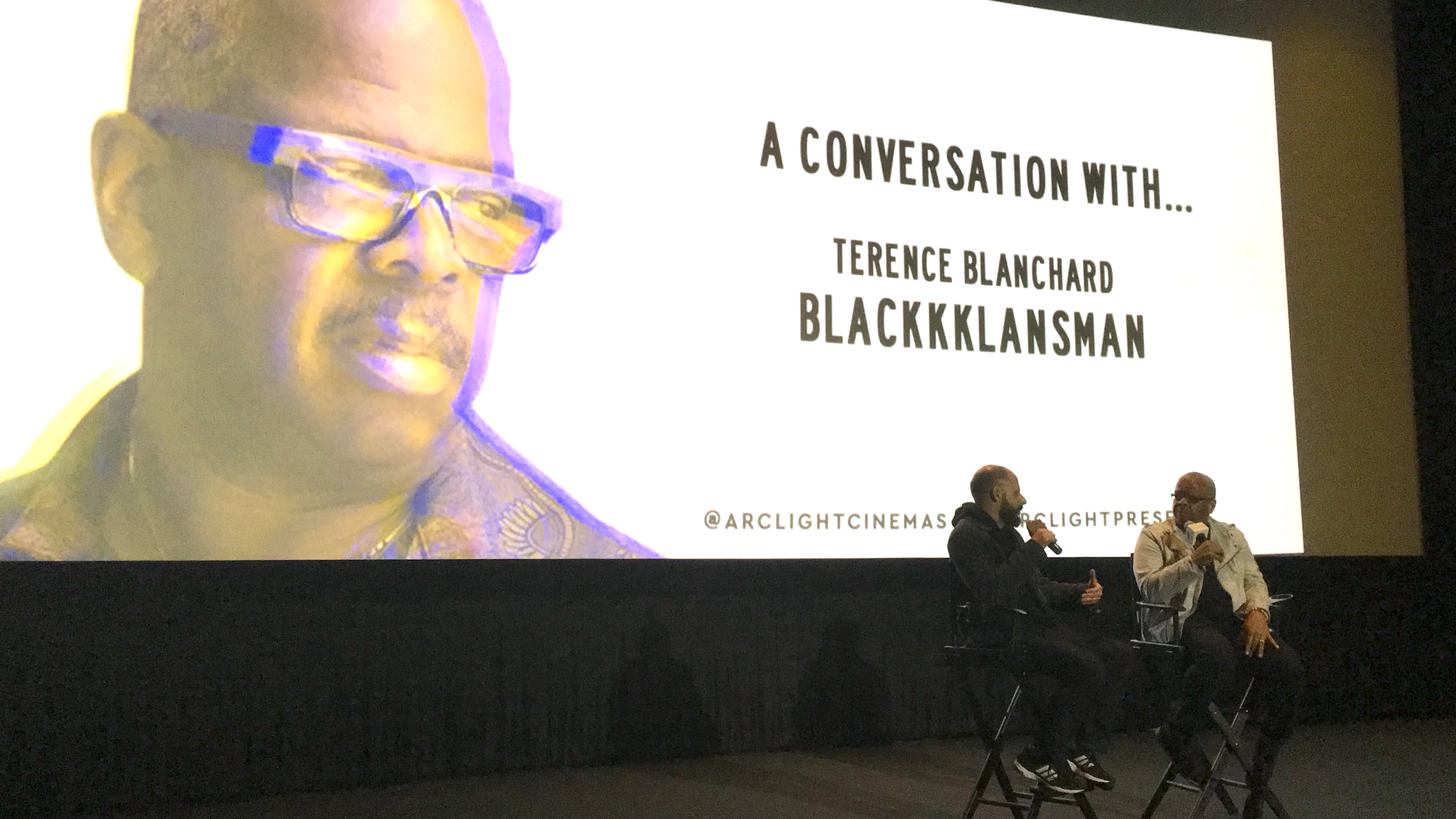
The next day in the screening series highlighted Spike Lee’s BlackKKlansman and his longtime frequent collaborator, composer Terence Blanchard. The film represents Blanchard’s first Oscar nomination, who spoke about how he juggled the many different tones of the film, ranging from comedic to outrage to abject sorrow. “It’s very clear, I mean Spike has been doing all that his entire career. The main thing I always try to concern myself with is the overall story, the sentiment of the movie, which is we need to learn how to celebrate our differences. We all deserve equal protection under the law, we’re all human beings and we’re all American citizens. So, for me, I’m trying to draw all that out of the story and continue to have that as the backdrop.”
Blanchard about spoke about the juxtaposition of his score with the depiction of racism and white supremacy in BlackKKlansman. “It’s an intentional choice because, you know, Kevin Willmott (co-screenwriter of the film) was talking about it a couple of days ago when we were in New York. it’s almost as if we’re trying to show you how surreal this is, by normalizing it and not trying to make it totally horrific or make it sensationalized, but just normalize it. Because when you see it in that fashion, people can see it for what it is. So again, one of the things that Spike always talked about is there’s no need for us to get heavy-handed with some things. The story itself carries the power within it.”
Blanchard also went further into his ongoing collaboration with Spike Lee. “Spike’s thing when it comes to the music is that he always wanted to have strong melodic content because he wants the listeners to carry the themes with them. He wants them to have that in the back of their consciousness. And whenever they hear the music, the experience of watching the film, I should say, he wants that to come back immediately. We’ve talked about that from the very first film we’ve ever worked on.”
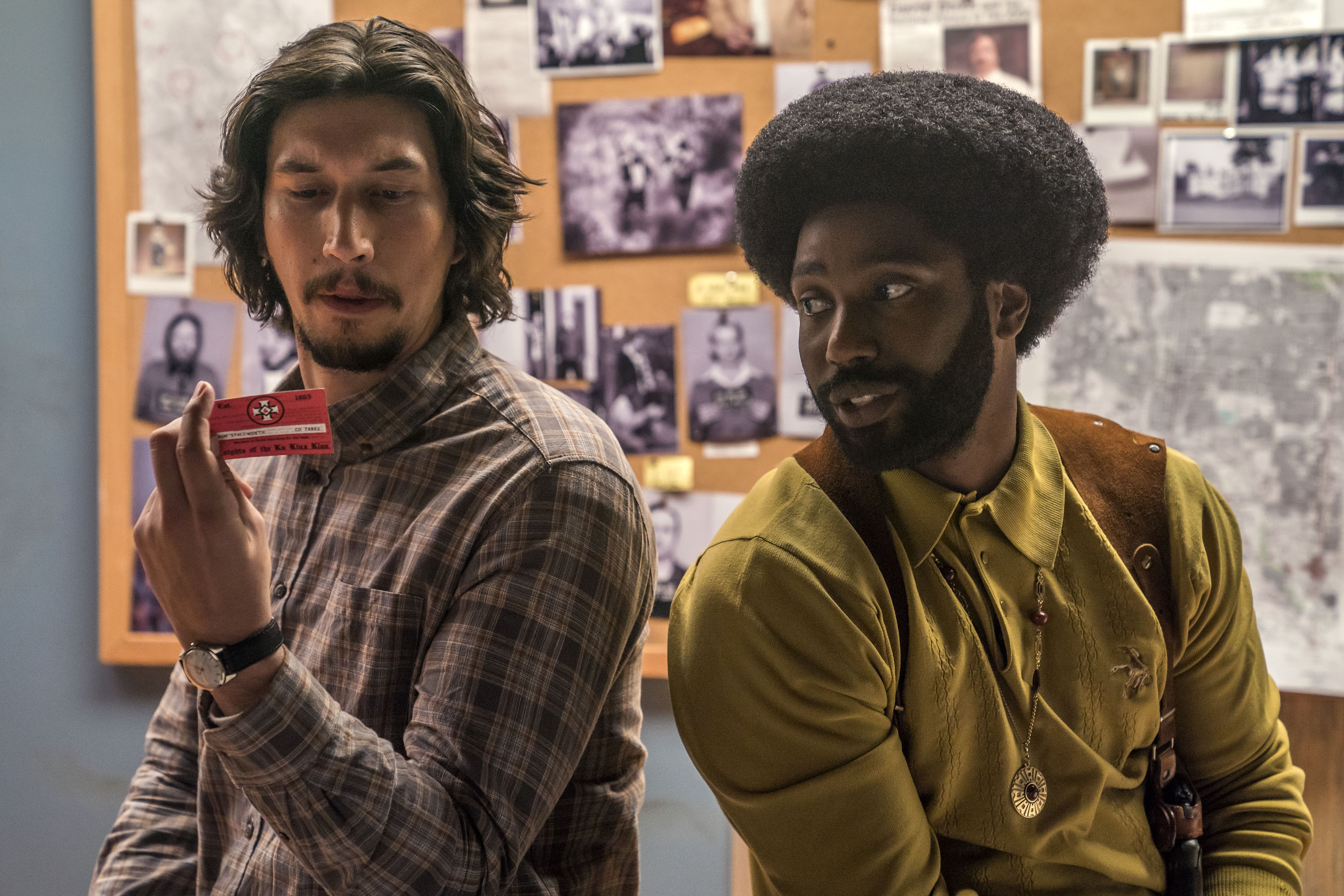
In composing the theme for BlackKKlansman, Blanchard went back to the sounds of American blues to represent the young officer accomplishing an extraordinary thing during a painful time. “When you meet him, and I don’t mean this in a bad way, but he’s such an ordinary guy where you go, ‘okay, this is an ordinary guy who did an extraordinary thing. And it’s a testament to how we tend to think we don’t have the power to change the world, but we do. So what I wanted to do was, I wanted to create something that was not going to be in your face, but I wanted to create something harmonically that was strong.”
“So, I used these fifth intervals in the bottom of the harmony that moves parallel, and the idea behind that is normally that has the sound of strength to it. The melodic content basically comes from the blues, which is more of the emotional conscience of the situation because the thing about this film to me is that it speaks to how — obviously, with the ending, but where we are in the country, and how we ought to know better.”
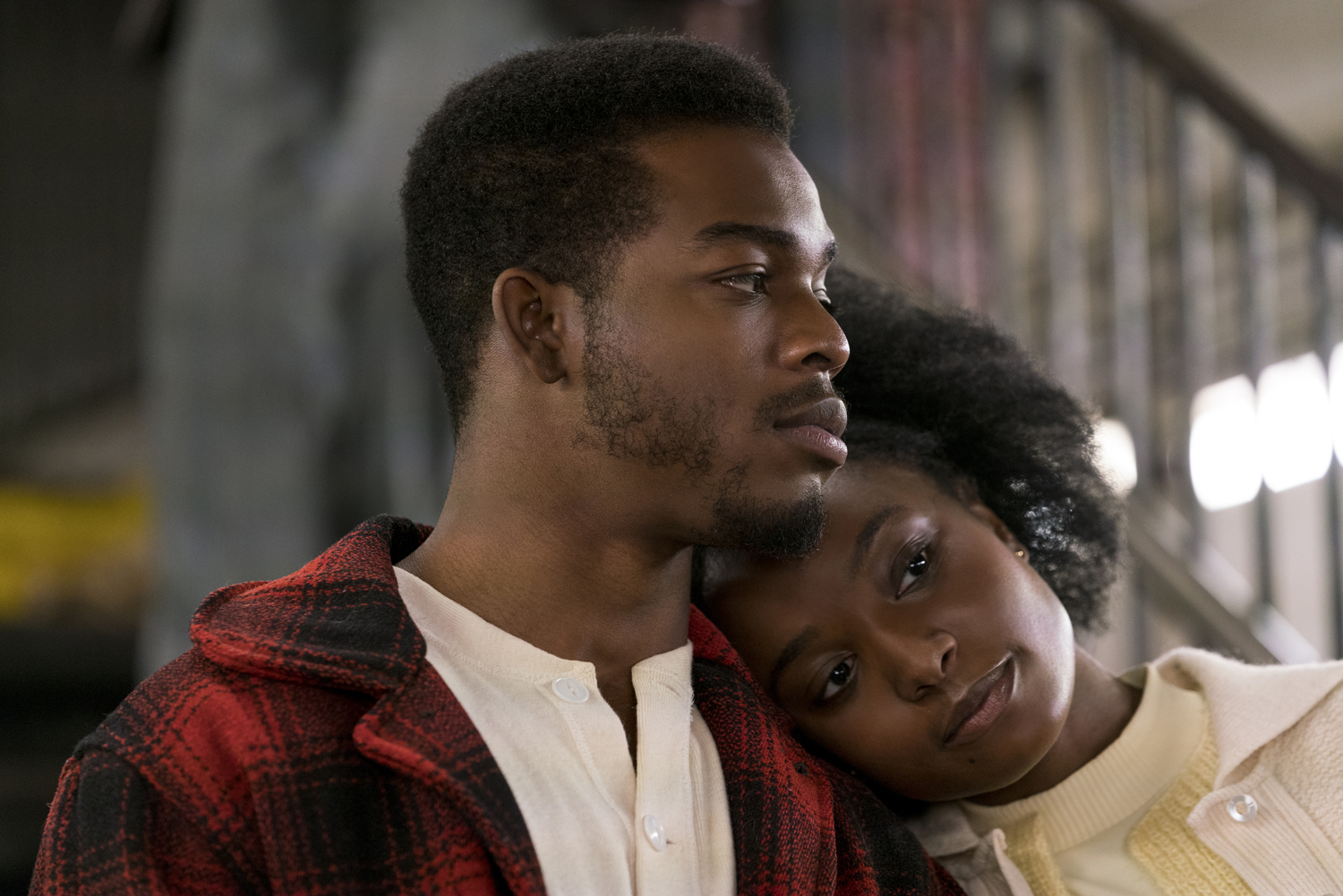
In closing the series, Nicholas Britell and director Barry Jenkins spoke to the Arclight audience about their film If Beale Street Could Talk, adapted from the novel by James Baldwin. Jenkins spoke about the challenges of adapting Baldwin. “It was the one that blended these two voices of his, the one voice obsessed with romance and sensuality, the other voice just as obsessed with injustice and political strife and the ways in which, to be honest, these systems in America are designed to disenfranchise the lives and souls of black folks. And I found those two voices perfectly fused in the story of Tish and Fonny.”
Britell and Jenkins previously worked together on Best Picture winner Moonlight, and the composer spoke about the continuation of their process. “That’s the thing that I love the most about working with Barry. In the process, there’s this journey of discovery where Barry will give me very specific, initial feelings that he’s having or an initial direction.”
Brittell also spoke about how challenging scoring the scenes in If Beale Street Could Talk, as it developed during the making of the film. “In Beale Street, for example, there was this piece, ‘Ye Who Enter Here,’ which is the piece you see when Fonny is remembering and almost this dream state of thinking back to himself sculpting, and the camera is swirling and the smoke is swirling. That was one of those places where we couldn’t come to that moment until we had figured out many of the other elements of the film.”
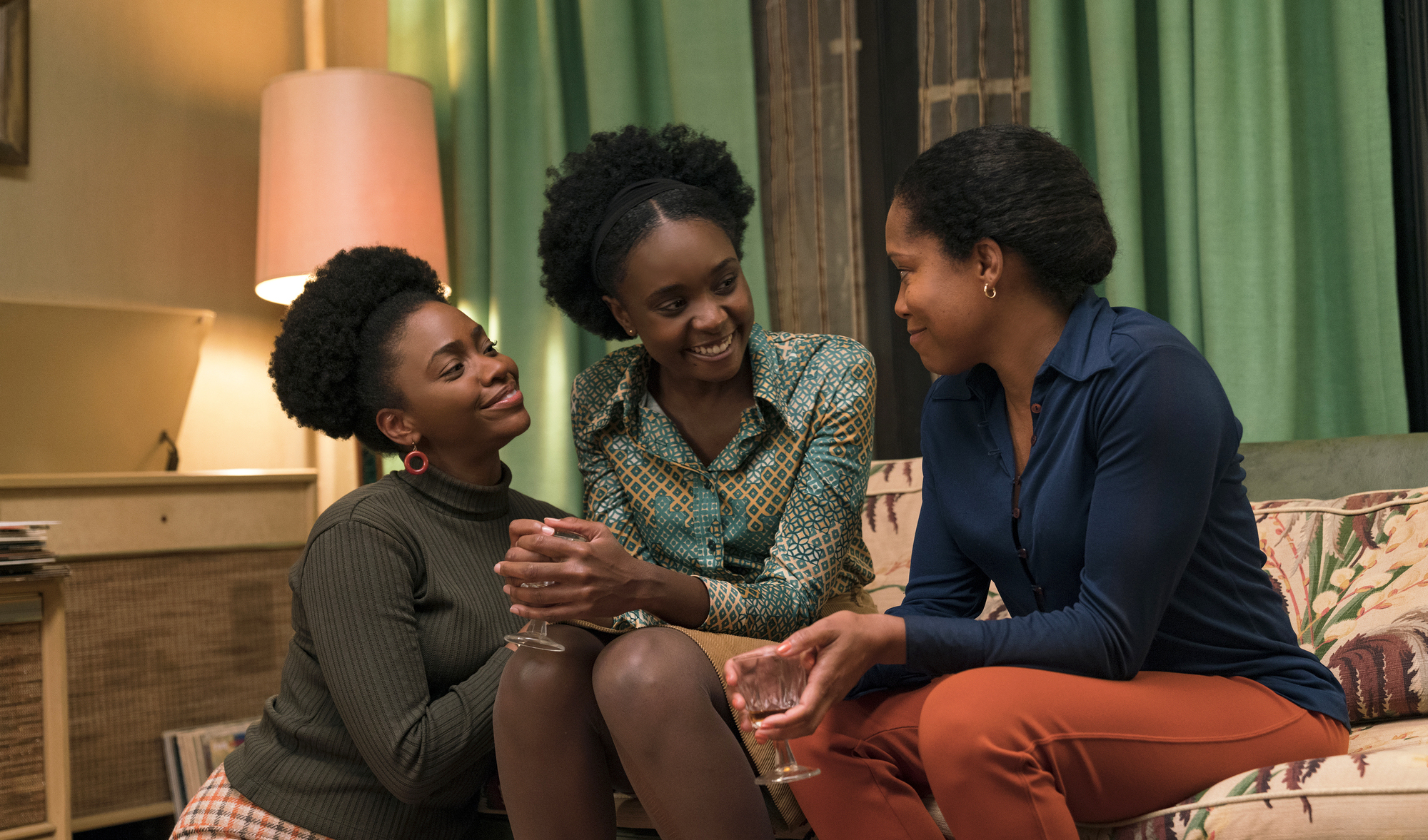
The composer also spoke about the multitudes within Baldwin’s work and how the score had to reflect that, chiefly the emotion of love. “What’s interesting is the feeling of love is really central to this film, love and injustice. And within the love, there are so many different kinds of love that the film explores. So, it explores romantic love and erotic love, it explores a divine, almost unconditional kind of love, it explores the love that parents have for their children, it explores friendships. And Barry and I actually named the pieces in the score after the ancient Greek words for love. So, there’s a piece called “Agape,” a piece called “Eros,” which is the making love piece. There’s “Storge,” “Philia.” So, each of those is expressing its own evolution or variation on that idea.”
“Something that I really follow when we’re working together, Barry will always say to me, ‘we’re not trying to tell you how to feel with music.’ We actually want the music to literally convey the emotion of what the characters are feeling, so it’s less like pushing you to feel something. We actually want you to immerse in that emotion, if it’s possible.”
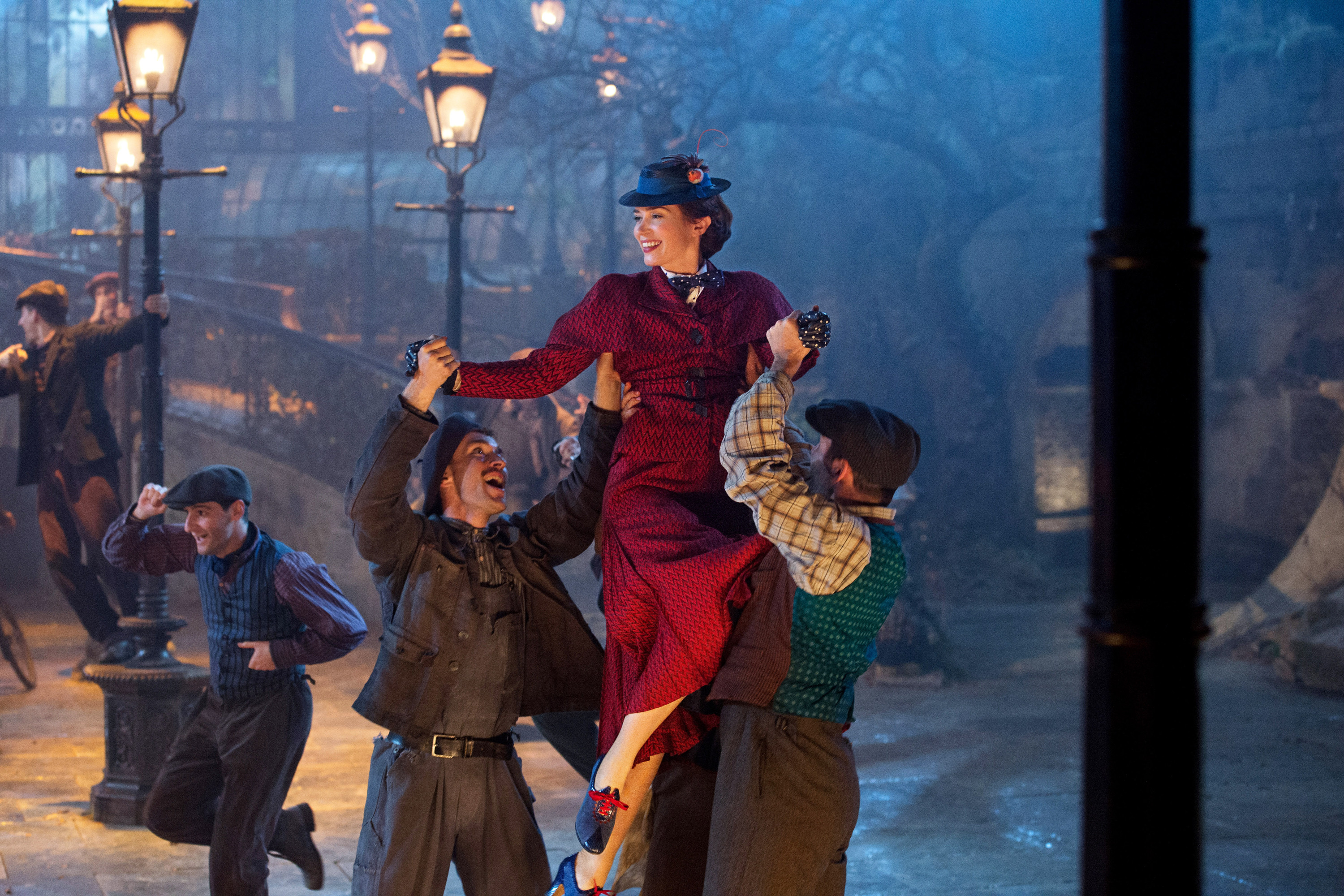
Composer Marc Shaiman was also at Arclight Hollywood to speak about his contributions to Disney’s long-awaited sequel Mary Poppins Returns. Shaiman had to follow the legendary Sherman Brothers and their work on the classic predecessor, co-writing new lyrics with Scott Wittman and referencing the original film in key moments. The new film has earned Shaiman his sixth and seventh Oscar nominations, with a win making him the latest to become an EGOT (Emmy-Grammy-Oscar-Tony) Award winner.
Last year was a truly fine one for cinema, thanks in large part to artists like the Oscar-nominated composers featured in Arclight’s Hitting the High Note. The Arclight Cinemas offer membership that allow audiences and patrons to attend Arclight Presents, a program curated by the staff at Arclight featuring exciting and unique films and Q&A panels with the filmmakers themselves. The program is year-round and Arclight members receive two free tickets. Visit arclightcinemas.com/membership to find out more.
Facebook: https://www.facebook.com/ArclightCinemas
Twitter: @ArclightCinemas
Instagram: https://www.instagram.com/arclightcinemas
YouTube: https://www.youtube.com/user/ArcLightCinema
Hashtag: #ArclightPresents


